The Psychological Implications of Returning to Sport Post-Isolation
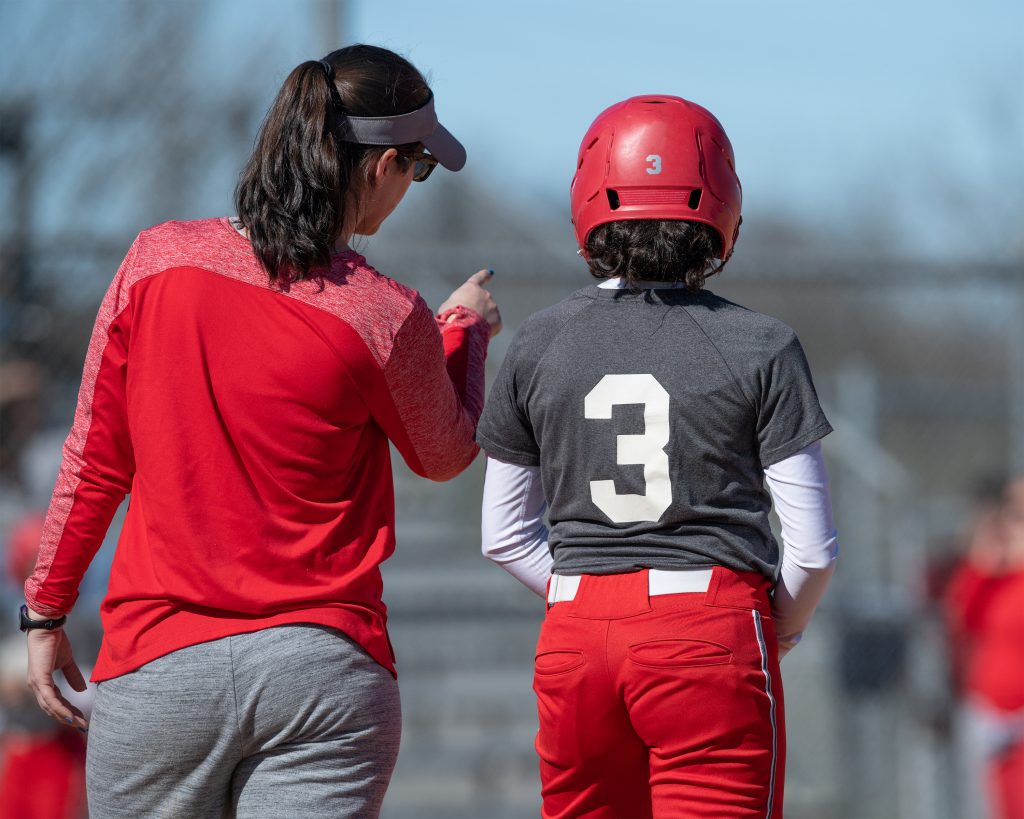
As public health restrictions begin to lift across the country, the return to some form of sport participation will require adjustment and adaptation. As athletes return to sport, the virus is still present, and so is the uncertainty. The cancellation of sport events and the imposition of stay-at-home and physical distancing protocols over the last…
Nutrition & Injury
Did you know eating more fish could help protect you from brain injury? The SIRCuit explores the promise of omega-3 fatty acids, creatine, vitamin D, curcumin, high quality fats and carbohydrates, and good hydration in protecting athletes from sub-concussive injury.
Novel Approach to Concussion Return-to-Play Decisions Based on Canadian Research
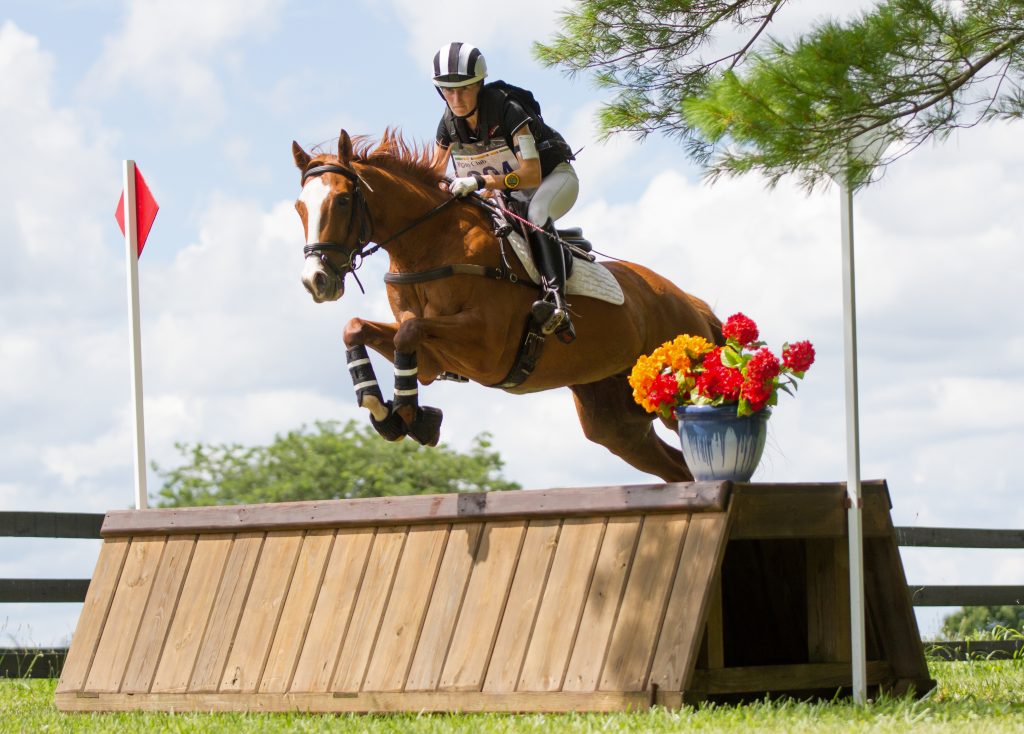
New research from Université Laval is setting the stage for quicker return-to-play decisions that satisfy all the necessary player safety protocols by tapping into the expertise of licenced health care providers involved as team therapists. The four-year research project was led by Dr. Pierre Frémont, a practising sport physician and one of Canada’s leading authorities…
Team Norms and Playing Through Injury in Sport
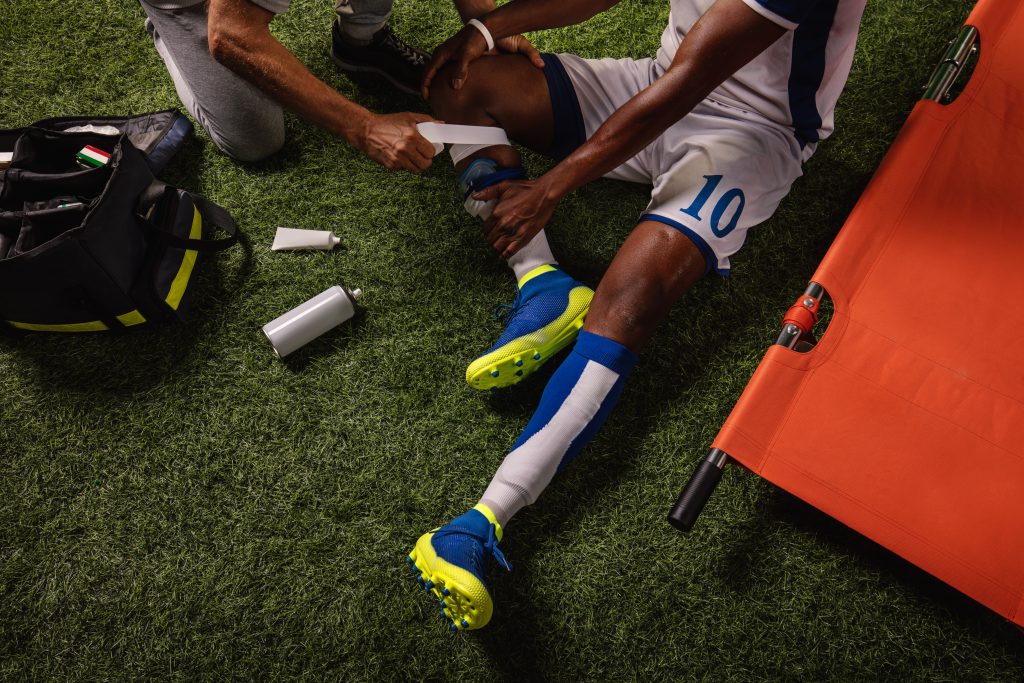
This blog is the first in a series in collaboration with Queen’s University. As an assignment to build knowledge mobilization skills, Dr. Luc Martin, Associate Professor in the School of Kinesiology and Health Studies, tasked students in his third year team dynamics course to write a SIRC blog. The top five were submitted to SIRC,…
Football Canada and Concussions
Coaches and officials play an important role in Football Canada’s concussion prevention and management strategy. “Athletes need to know how to perform the skills properly, which means we have to give our coaches the tools to teach those skills and our officials the tools to deal with it effectively in competition.” Learn more in the…
Coaching Strategies to Maximize Long-Term Learning and Performance for Athletes
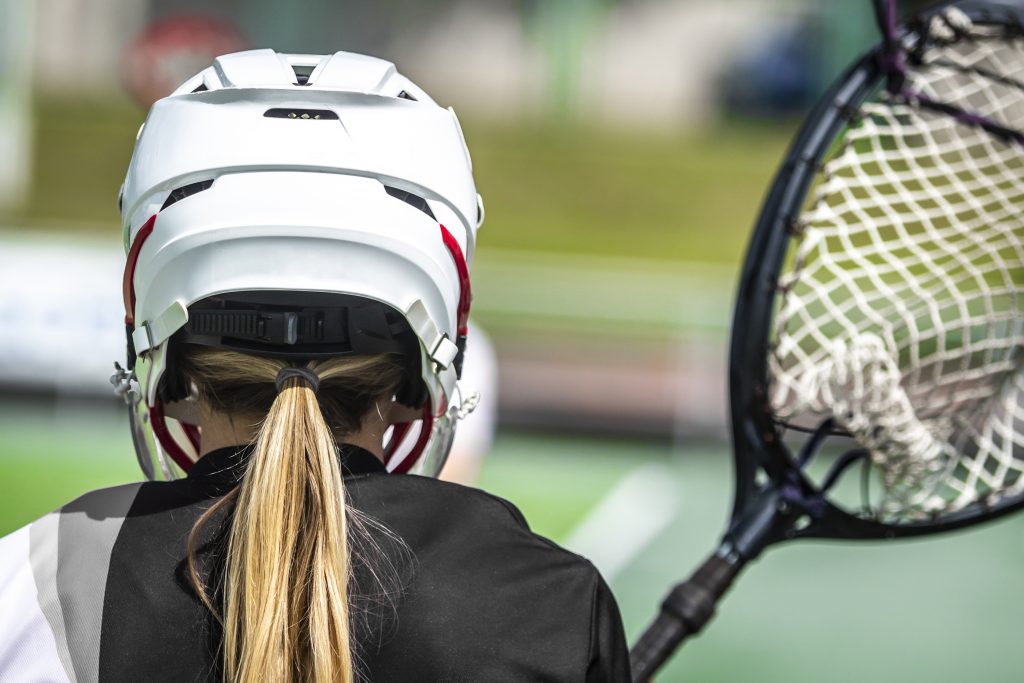
At a time when athletes and coaches have been inundated with pseudoscientific ideas about the importance of accumulating 10,000 hours of practice, the importance of practice quality often does not receive the attention it should. Contrary to popular belief, there is significant evidence that improvements in sport-specific skills during practice do not always yield the…
Coaching & Athlete Mental Health
Coaches can support the mental health of their athletes by creating a culture in which athletes feel safe disclosing psychological distress. This includes adopting a holistic coaching philosophy, building strong relationships, role modeling supportive behaviours for all team and staff members, and initiating confidential check-ins with struggling athletes.
Football Makes Bold Pivot
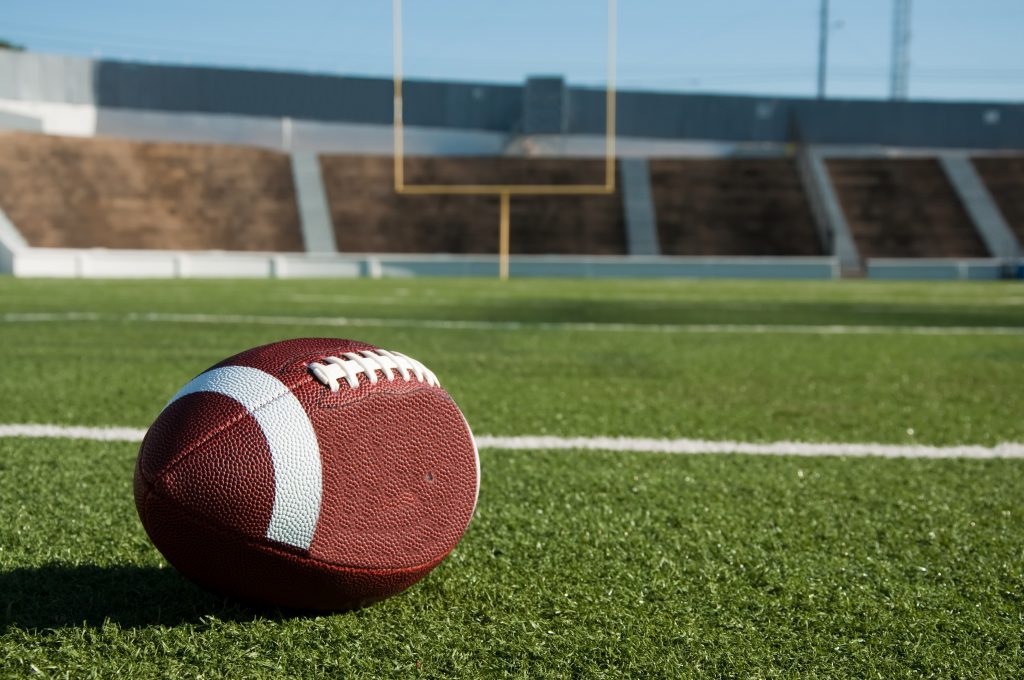
Football in Canada is enjoying a resurgence at a time when public angst over concussions in sport has never been greater. While most sports grapple with ever-more-worrisome trends – declining participation and increasing concerns over athlete safety – football is flourishing, especially at the youngest age groups. There’s no razzle dazzle here. The people behind…
Phsychological skills and factors related to ice hockey officials’ coping and performance
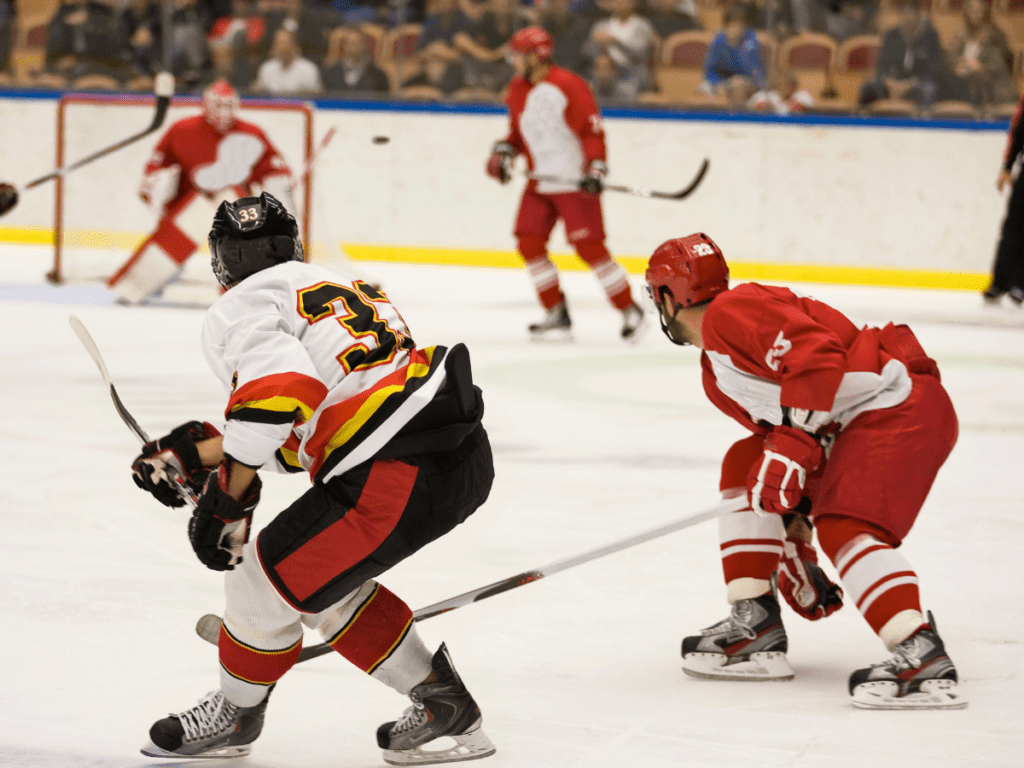
Project Summary Research focusing on the development of psychological skills in sport, has been conducted primarily with athletes and coaches. However, we know little on how to assist officials to enhance their performance. Thus, the general objective of this research was to better understand ice hockey officials’ experiences in their sport and factors that influence…
Managing Uncertainty Workbook
Game Plan’s Managing Uncertainty During COVID-19 workbook is a practical tool to support positive mental health through self-awareness, acceptance, adaptability and values-based behaviour. The workbook was developed for Canada’s high performance athletes but is great for anyone wanting to hone their skills and build resilience.